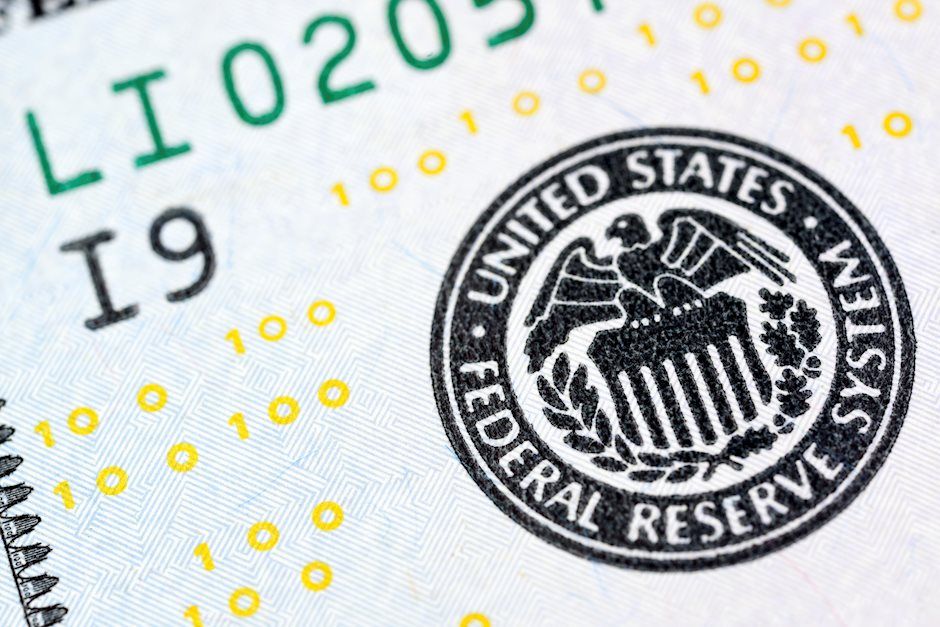Fed is behind the curve and headed negative

So following on from yesterday's "Macro Scan: "Hey Central Bankers, what are you up to?", we needed to be taking note of the behaviour of the Central Bankers after G20 earlier in the year taking place in Shanghai to understand what might be happening behind the scenes in 2016.
Remember, the G20 Central Bankers are not supposed to make any concerted intervention in the currency markets and they are not supposed to deliberately attempt to engage in competitive devaluations. Well, let's have a look...
What has been happening since?

Source: Free Images
So, a couple of week's later after the Shanghai G20 in February, we had the ECB on March 10th, the BoJ on the 14th and the Fed 15th. What was there to notice? - Well, absolute coordination to devalue the Chinese currency, but done so without sinking the US stock market.
The 3% surprise devaluation by the Chinese last time, back in August 2015, caused a market-meltdown. This time, the banks got together and the Fed were surprisingly dovish instead of raising rates, against what they had been previously suggesting to markets, so that the Chinese can keep their peg to the dollar. Then, both the ECB and BoJ shocked markets and did a lot less QE than what the markets had expected, making their currencies stronger vs the Chinese currency. No one noticed though because the USD/CNY didn't change as the Fed got easier as well.
Now what to do we have? The US dollar has been at the lowest levels since 2010 in May this year and after a rebound, it has met supply again on the back of markets waking up to the idea that the Fed are not in a position to hike any time soon and potentially not even this year, following dovish comments from Federal Reserve Chair Janet Yellen that yet again pushed out expectations for the central bank's next interest rate hike this year.
Recall the IMF Sep 2015 vote to allow the Yuan into its basket of currencies (SDR) this year?

Source: Free Images
So, perhaps what the U.S. is really doing, besides benefiting themselves to some degree (for now), is weakening the Chinese currency in a massive coordinated Central Bank manipulation.
In August 2011, this was the all-time low for the USD. It was the all-time high for Gold. Since then, the dollar rallied to a 10 year high, the highest was in 1985. The Fed had done all they could before the effects were killing export and corporate earnings in the U.S. and then it was 2013 that the weak Yen came along and Abenomics.
Early 2015, the Euro was down at 1.05, but now it is back up 10%. So here we are and the US are looking for a break - Time for a weak dollar in other words and my intermarket analysis will expose a higher price for gold due to inflation as the US is a net importer (takes more dollars to buy importers, cars, wine, vacations, textiles). The US wants inflation. How else will they get out of 19t of debt? It is no secret that the Fed wants inflation, as they do not want to default. The way the US defaults is by paying debt off in cheaper dollars.
The Fed is already orchestrating effective negative rates
-636010086859289324.jpg&w=1536&q=95)
Source: Free Images
So, Yellen and her cohorts had been talking recently about how the economy was doing better, whether to wait until July or just go ahead in June. The contingent conditions should have been an elephant in the room, but only now do markets realise that June and July was never going to happen. So what next, September?
If rates are raised, the bubble will bust, real estate and the stock markets will come down, the indebted public, banks and even the Fed will all be in trouble due to their balance sheets because of the long-term bonds they have been holding and reinvesting in, and in the case of the Fed, there were supposed to be reducing their balance sheet by now, but they have not even started. It is a disaster waiting to unfold and the longer the Fed wait to raise rates, the worst it is going to be.
The reality is, the Fed want to keep rates artificially low, masquerading as if they want to normalise them. Even though they had raised rates in December, well real rates are even lower than where they were before due to the inflation that exists in the economy which has been increasing more than the Fed are increasing rates and more than the official inflation numbers tell. So real rates have actually gone down. Even if they do hike again, by say another 0.25% in September or 2016, year over year inflation could well be more than 0.25% by then leaving the Fed behind the curve still. Negative rates here we come.
Author

Ross J Burland
FXStreet
Ross J Burland, born in England, UK, is a sportsman at heart. He played Rugby and Judo for his county, Kent and the South East of England Rugby team.

















